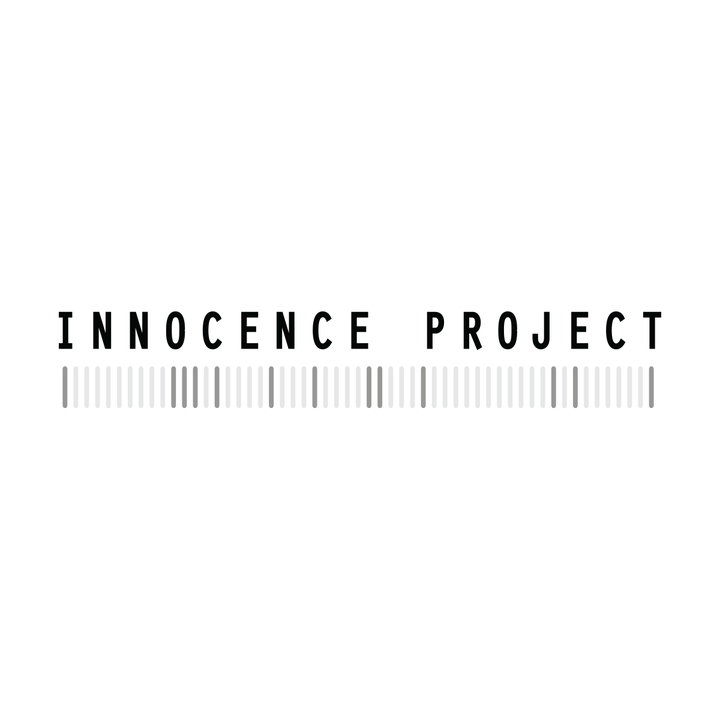Innocence Project Applauds Justice Task Force Recommendation that Judges Order Prosecutors to Fulfill Discovery Obligations
02.22.17 By innocence staff
Contact: Paul Cates, 212-364-5346, pcates@innocenceproject.org
(New York, NY – February 23, 2017) In her state of the judiciary speech today, Chief Judge of the Court of Appeals for the State of New York Janet DiFiore announced a new “historic” recommendation from the New York State Justice Task Force urging judges to issue formal orders to all criminal prosecutors to abide by discovery requirements that require them to turn over all evidence pointing to innocence or mitigating the offense. These orders provide a mechanism for both educating prosecutors about their ethical and constitutional discovery requirements and for punishing those prosecutors who willfully fail to fulfill their obligations. The Innocence Project applauds Chief Judge DiFiore and the members of the Justice Task Force for taking this important step in ensuring that criminal defendants are provided the discovery that is critical to proving their innocence.
“Chief Judge DiFiore and the Justice Task Force have taken an important first step in ensuring that prosecutors across the state honor their legal and ethical obligations to turn over all evidence that points to innocence or mitigates guilt,” said Barry Scheck, co-director of the Innocence Project, which is affiliated with Cardozo School of Law. “These orders create a mechanism, a prophylactic rule, to prevent Brady violations. It will ensure that prosecutors look in all the relevant investigative files and have a clear understanding of what should be disclosed. Only those who deliberately and willfully violate the rule are subject to sanction which will hopefully be a rare event. Nonetheless I’m certain the order will have a salutary impact. It will prevent wrongful convictions and help law enforcement realize as quickly as possible when a mistake has been made.”
The Innocence Project lobbied the Task Force to issue this recommendation because such an order was instrumental in holding the former Texas prosecutor (and later judge) Ken Anderson in criminal contempt for the misconduct that resulted in Innocence Project client Michael Morton wrongly serving 25 years for the murder of his wife before he was cleared by DNA evidence. In a rare instance of a prosecutor facing criminal charges for misconduct, Texas successfully charged Anderson with criminal contempt because it was shown that he failed to abide by the trial court’s express order to turn over the lead investigator’s complete report, which contained information pointing to another suspect.
New York would be the first state to recommend statewide application of the orders. The Innocence Project is aware of at least two federal judges have made it a part of their practice to routinely issue the orders in criminal prosecutions.
In adopting the recommendation, the Justice Task Force included a model order for use by the courts. The task force also highlighted several provisions of the recommendation, including the following:
- The order spells out three broad categories of information that should be disclosed to the defense – exculpatory, impeaching and affecting suppression– and cites the state and federal case law, principally Brady v. Maryland, requiring disclosure as well as New York ethical rules.
- The order makes specific reference to types of evidence that are required to be disclosed, including any benefits or promises made to witnesses for their cooperation, prior inconsistent statements and uncharged criminal conduct or convictions, and information regarding a witness’s mental or physical illness or substance abuse.
- The order encourages early disclosure by saying that it will be presumed timely if it is disclosed no later than 30 days before the start of a felony trial and 15 days before the start of a misdemeanor trial.
- The order makes clear that it is not intended as a mechanism for sanctioning prosecutors for good-faith error; it is for prosecutorial misconduct that is willful and deliberate.
“New York is taking an important leadership role in making the Brady order standard practice in criminal prosecutions. It’s a simple precautionary procedure that should be used everywhere to protect the innocent and make the system more accountable,” said Nina Morrison, senior staff attorney at the Innocence Project.

Leave a Reply
Thank you for visiting us. You can learn more about how we consider cases here. Please avoid sharing any personal information in the comments below and join us in making this a hate-speech free and safe space for everyone.